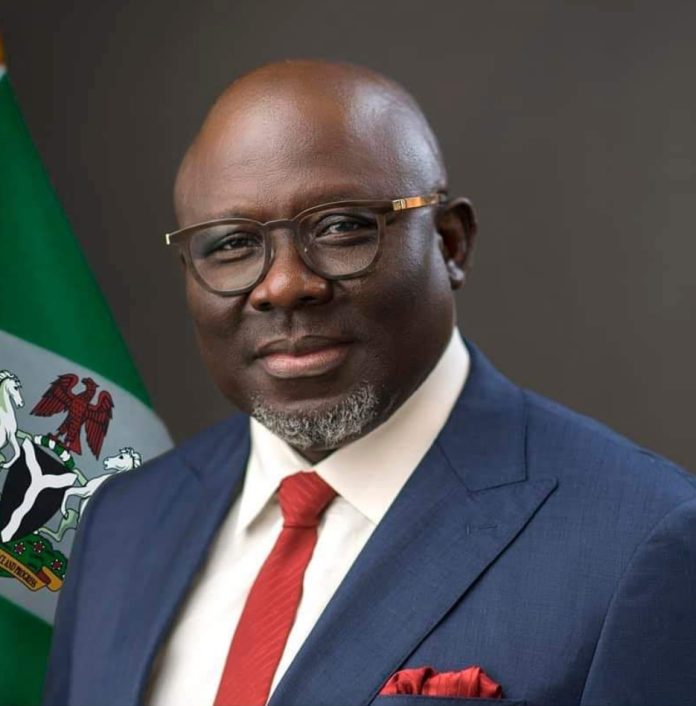Governor Sheriff Oborevwori’s recent decision to sponsor 250 Delta State pilgrims to Israel and Jordan is both perplexing and disheartening. While this initiative may seem magnanimous, it raises serious concerns about governance priorities and the responsible use of public funds.
Delta State faces numerous developmental challenges, including poor infrastructure, widespread unemployment, inadequate healthcare facilities, and under-resourced schools. At such a critical time, channeling millions of naira into a religious exercise—a deeply personal endeavor that should be privately funded—represents a blatant misallocation of taxpayer money.
Proponents of state-sponsored pilgrimages argue that they foster peace, security, and prosperity. However, these claims lack evidence and do little to address the tangible problems that Deltans face daily. Prayers in faraway lands will not repair damaged roads, provide potable water, or create job opportunities. Such symbolic gestures may resonate with a select few but fail to yield any measurable benefits for the majority of citizens.
The issue is further compounded by recurring reports of pilgrims absconding during these trips, tarnishing the state’s reputation abroad. Israeli authorities remain vigilant against visa overstays by Nigerian pilgrims, a situation that brings unnecessary embarrassment to Delta State. Meanwhile, returning pilgrims often adopt the title “Jerusalem Pilgrim” (JP), but this honorific offers no practical value to the state’s development.
How much is this initiative costing Delta State taxpayers? While the full financial details remain undisclosed, the expense of airfare, accommodation, feeding, and logistics for 250 pilgrims undoubtedly runs into millions of naira. These funds could have been redirected to initiatives with lasting impact. Imagine what could be achieved with the same resources:
- Healthcare Improvement: Equip hospitals with modern facilities and tools, improving healthcare delivery and reducing reliance on medical tourism.
- Educational Investment: Provide scholarships, repair dilapidated schools, and ensure access to quality education for Delta’s youth.
- Infrastructure Development: Rehabilitate roads and bridges, boosting economic activity and easing transportation for rural and urban dwellers.
- Entrepreneurial Support: Fund small businesses and empower young entrepreneurs to create jobs and reduce dependency on government aid.
- Environmental Mitigation: Address issues like flooding and erosion, which endanger lives and property in vulnerable communities.
- Provision of Streetlights: Install streetlights in communities to improve security, enhance nighttime visibility, and create safer environments for businesses and residents.
The government must listen to the voices of concerned citizens who have repeatedly urged a halt to state-sponsored pilgrimages. Religious activities, while meaningful, are private matters that should not be subsidized with public funds. A government’s primary responsibility is to allocate resources for the collective benefit of its people, not to bankroll the personal spiritual journeys of a privileged few.
Continuing to fund pilgrimages diverts money from critical sectors that directly impact the lives of ordinary Deltans. It is time for Governor Oborevwori to demonstrate fiscal responsibility and channel state funds toward projects that uplift communities and promote long-term growth.
Religious inclusivity should focus on fostering an environment where all faiths thrive without state interference or financial support. Governor Oborevwori has an opportunity to lead by example by redirecting these funds toward development projects such as healthcare, education, infrastructure, and public safety measures like streetlights. These are initiatives that will benefit all Deltans, not just a select few.
In conclusion, state-sponsored pilgrimages represent a misuse of taxpayer money at a time when the state can ill afford it. Let religious activities remain personal, while public funds are used to address pressing needs and create a brighter, more prosperous future for Delta State.



